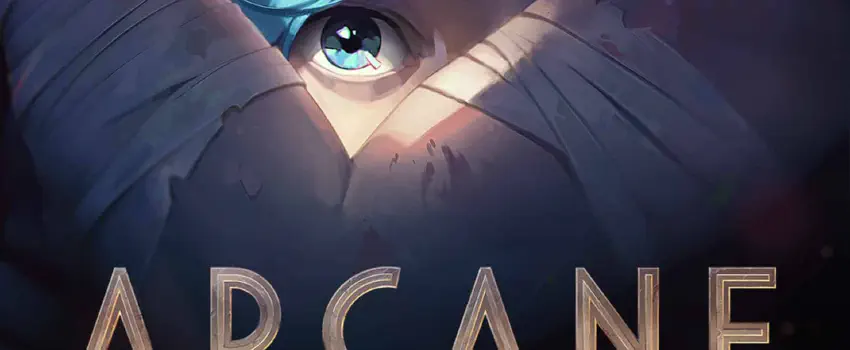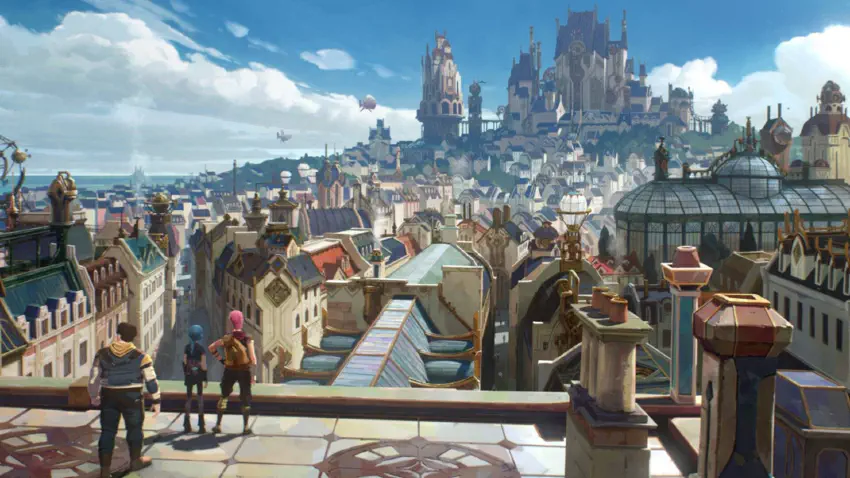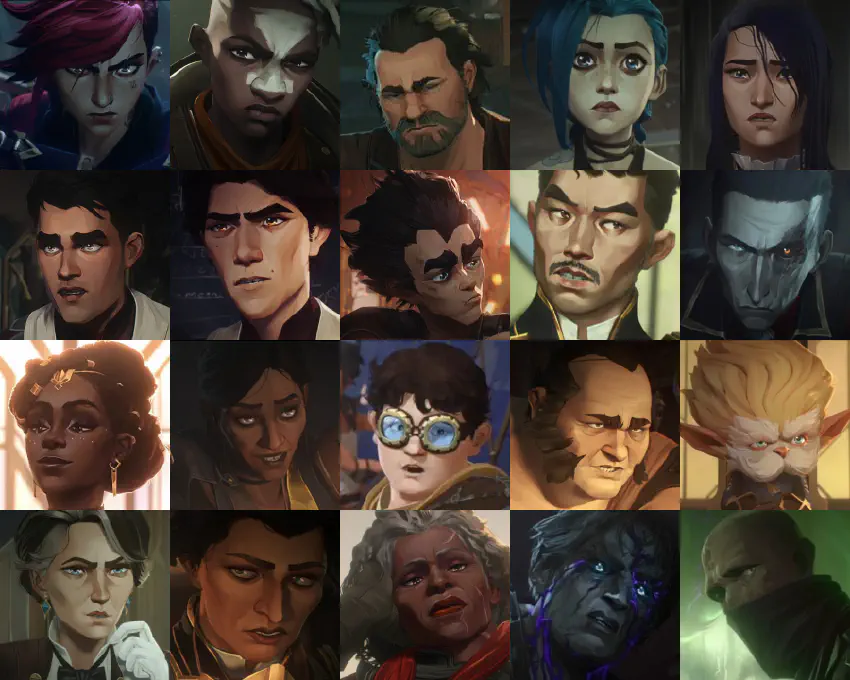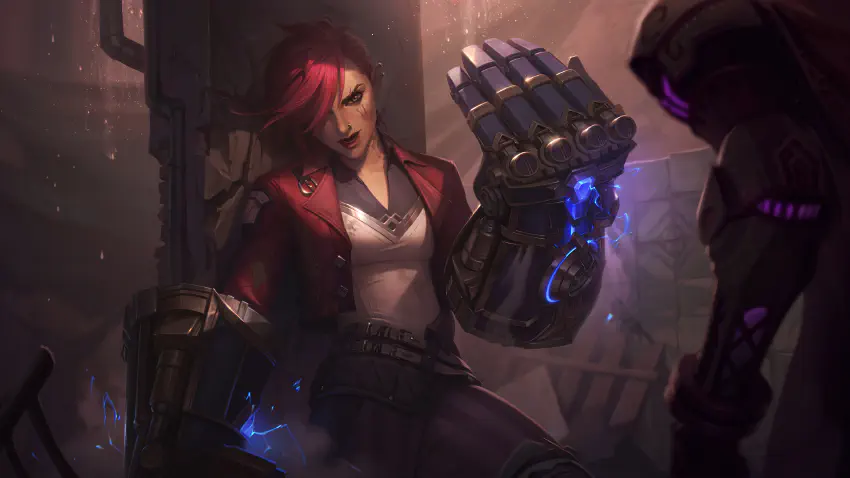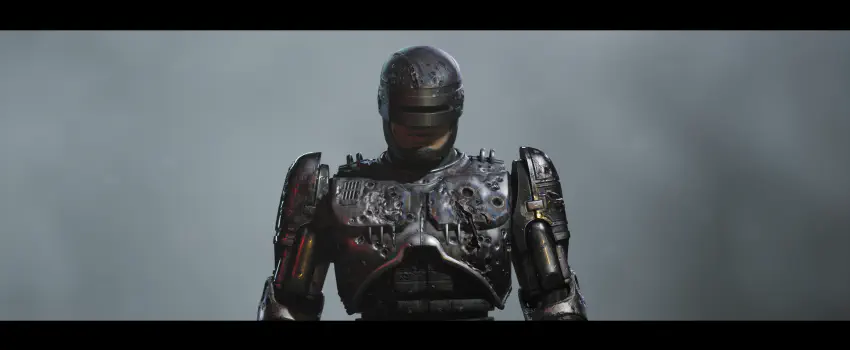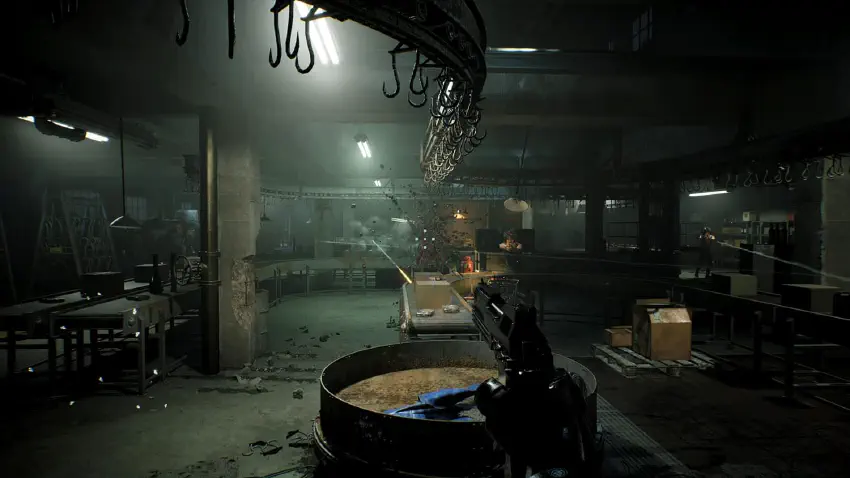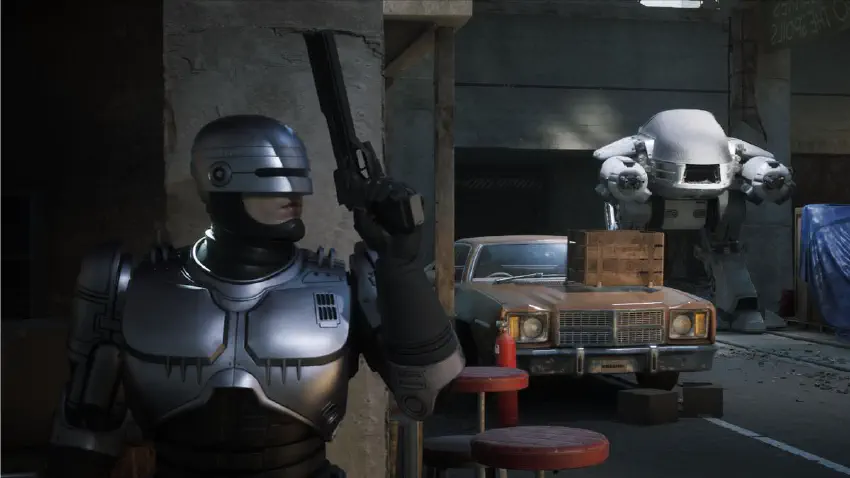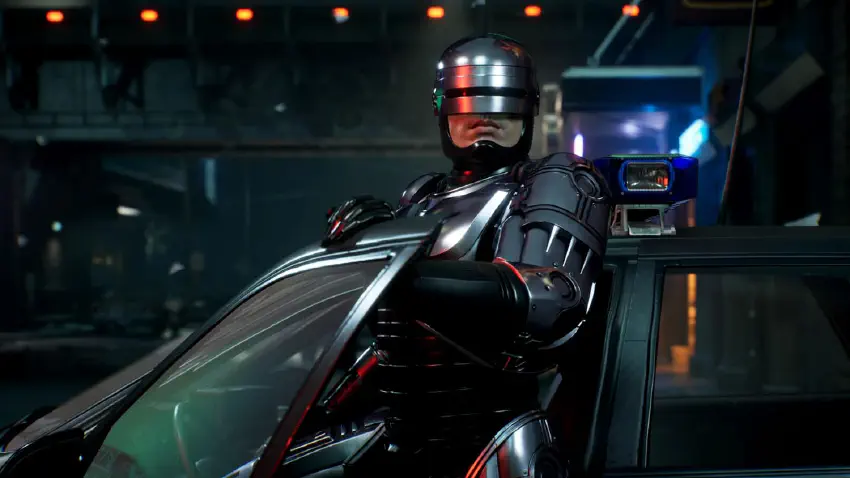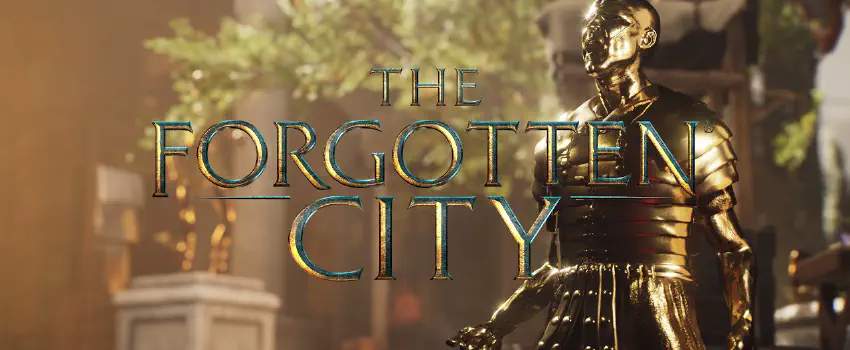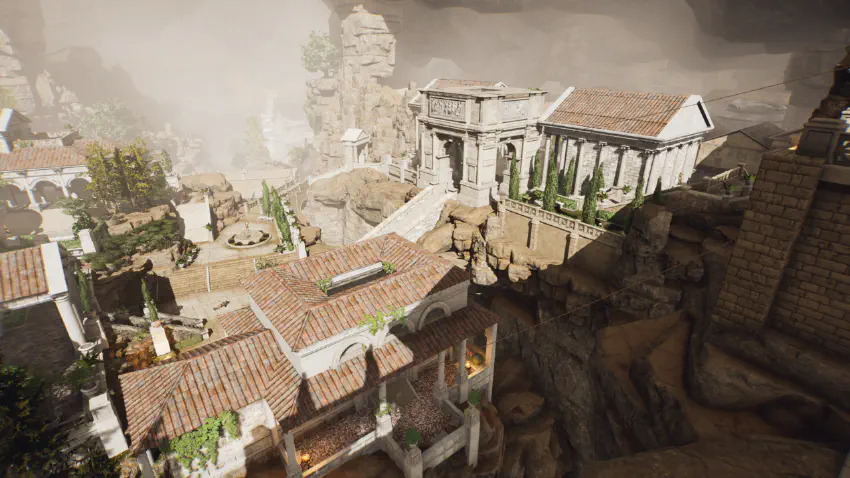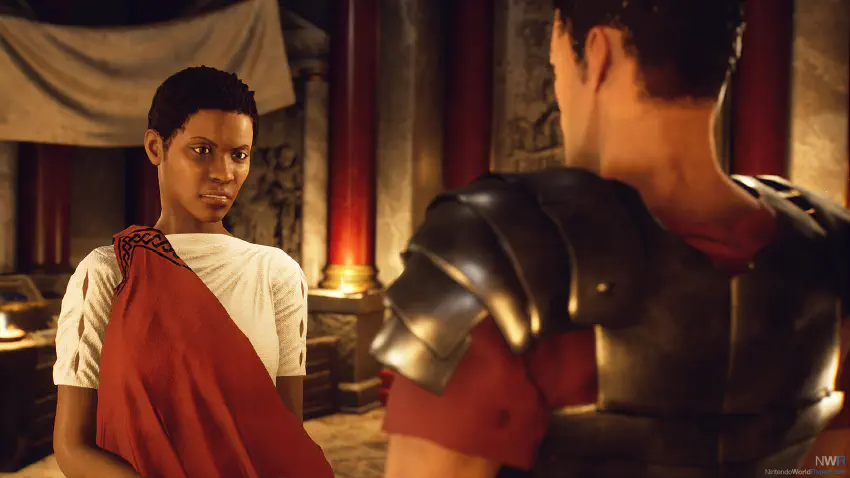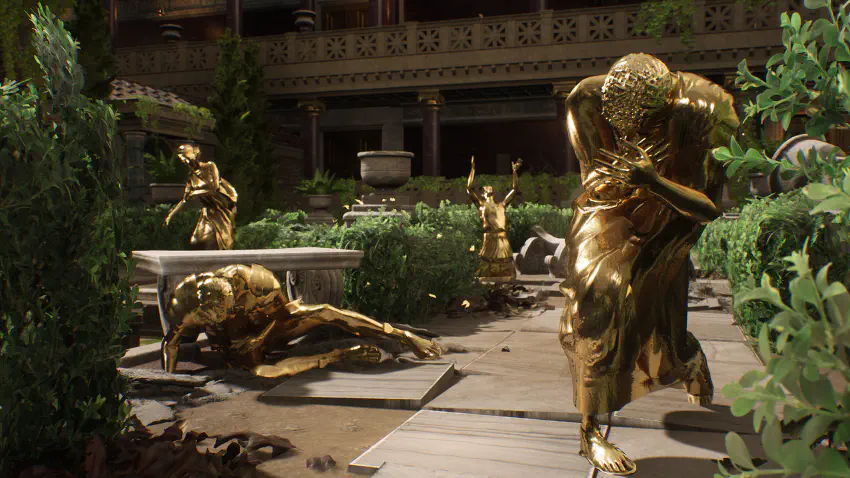Books List 2024
Every year, I try to compile a list of games, books, and movies I experienced. For the complete list, check the Ratings. Here we go (sorted by rating, then alphabetically)!
I’ve maintained the habit of reading, mostly through audiobooks during my daily dog walks, for several years. It adds a layer of engagement to my routine, turning a no-brainer task into an opportunity for thought. Without it, I’d feel like I’m merely walking without purpose.
Here’s a list of books from this year, a selection not exhaustive but those that linger in my memory. As I often forget to update my GoodReads records or write about them on this blog, these are the ones that come to mind. I’ll edit this post if I recall additional entries.
Fiction
- Kill Decision (): Daniel Suarez fiction books that might turn into non-fiction history books. This one warns about the usage and risks of autonomous flying drones for war.
- Klara and the Sun (): Klara, a child companion android, was finally sold to a child, but humans are not as reliable as robots.
- Metal Like Blood in the Dark (): Short story about two robot siblings in the first contact with the real world. Hugo Award nominee.
- Proof by Induction (): Short story about a scientist trying to prove a theory started by his father. Hugo Award nominee.
- Badass Moms in the Zombie Apocalypse (): Good short story about a couple running away from zombies to give birth to a child. Hugo Award nominee.
- Little Free Library (): Short story about a mysterious figure start to borrow books from one’s personal public library. Hugo Award nominee. Read it for free.
- Sharp Objects (): Dark, twisted, and gripping. A psychological thriller where every page cuts a little deeper.
- The Sin of America (): Another nice short story. Hugo Award nominee.
Non Fiction
- Four Thousand Weeks (): A refreshing reminder that time management is about acceptance, not control. Philosophical yet practical, it challenges productivity obsessions.
- 2k to 10k (): Insightful, actionable advice for writers seeking efficiency and joy. A concise toolkit for unleashing your creative flow.
- Antifragile (): A bold exploration of systems that thrive on chaos. Taleb’s insights challenge you to embrace volatility rather than fear it.
- Obvious Adams (): Simple wisdom on the power of clarity and common sense. Timeless advice for cutting through complexity.
- Prisoners of Geography (): Geography shapes destiny, and Marshall maps it out brilliantly. A geopolitical crash course that makes borders more than just lines.
- Skin in the Game (): A sharp critique of accountability, where risk and reward must align. Taleb pulls no punches in his call for skin-deep integrity.
- The Black Swan (): Somewhat similar to the excellent Outliers () from Malcolm Gladwell, it explores the power of one-time events, people and technologies and the nature of the unpredictability.
- How to Avoid a Climate Disaster (): Pragmatic and data-driven, offering solutions rather than just warnings. A solid roadmap, though occasionally too tech-focused.
- Quiet (): Thought-provoking but occasionally repetitive. A strong case for the quiet strengths society overlooks.












